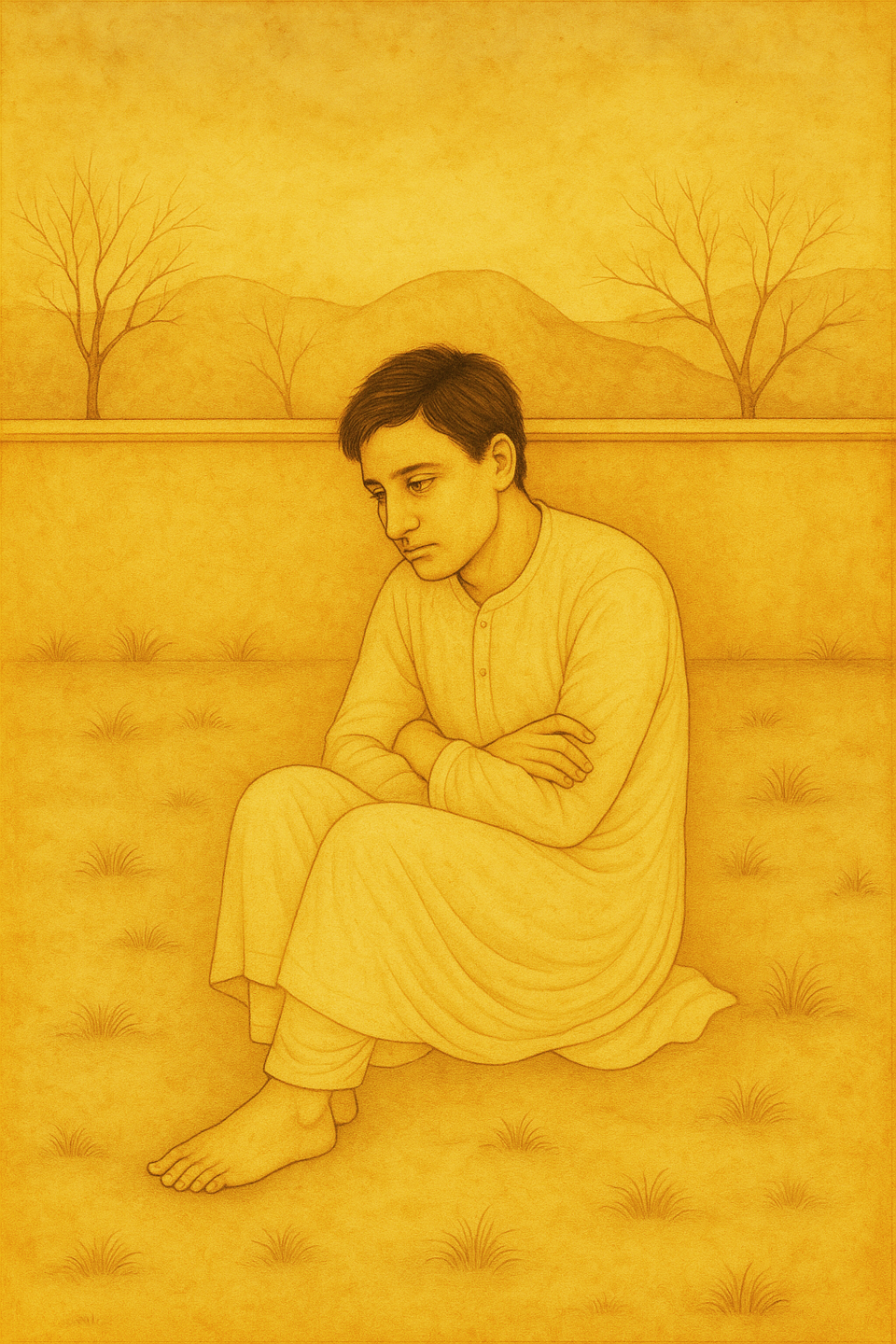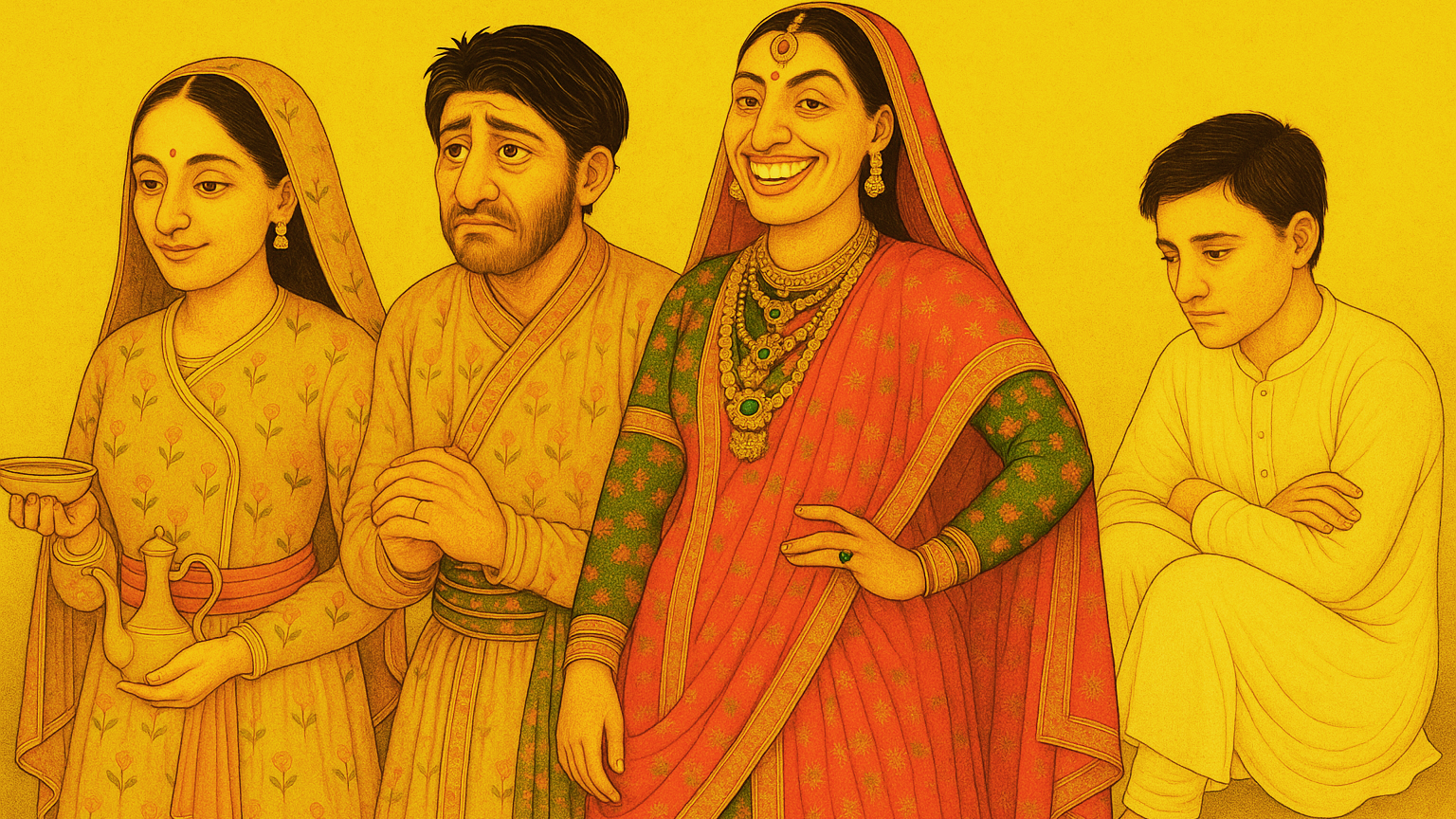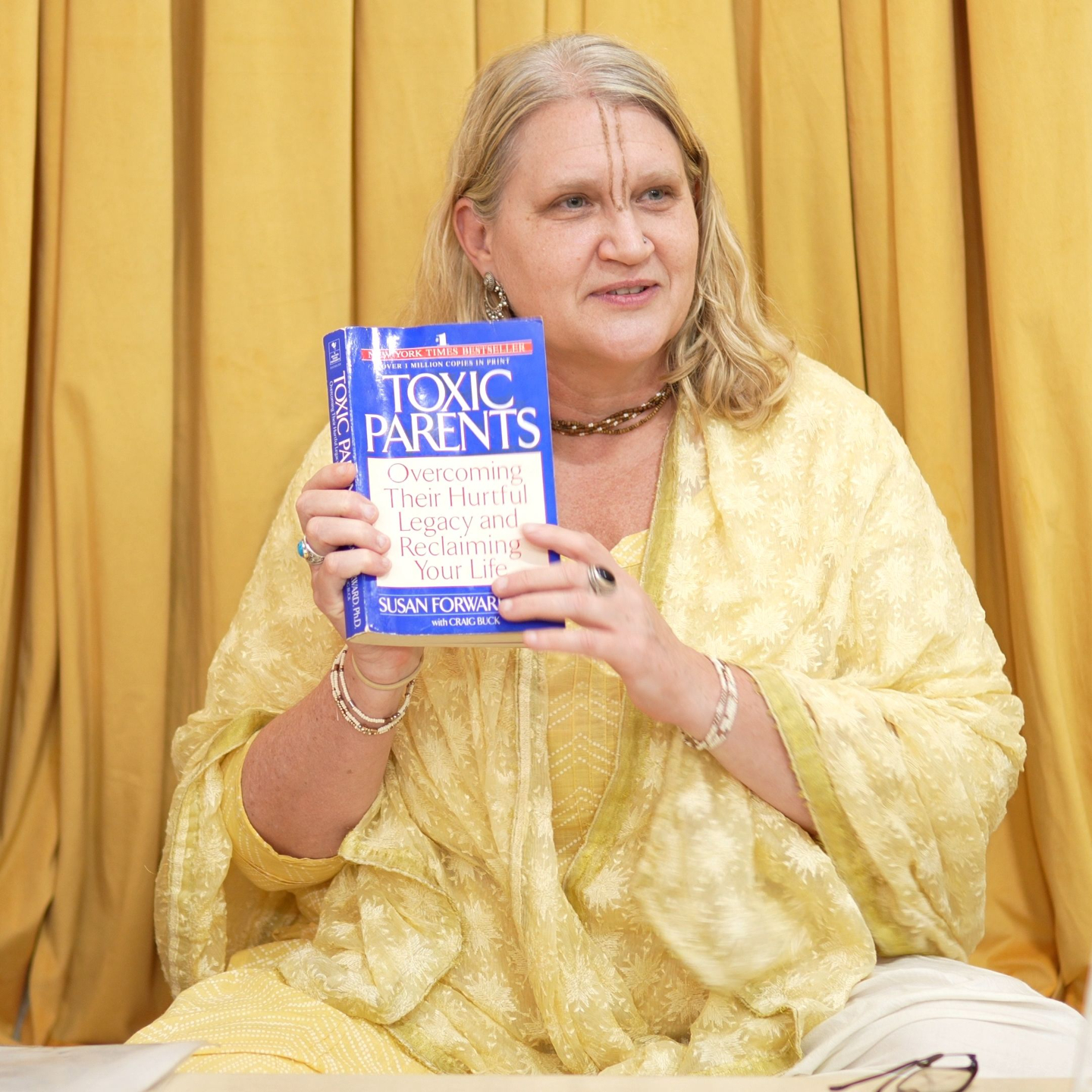Shūnya - शून्य
Self-Doubting.
Shūnyas possess an almost supernatural ability to decode the smallest facial twitch, the slightest hesitation—their rejection radar missing nothing. But this protective skill comes at a devastating cost: when someone offers genuine love, their wounded heart sees hidden betrayal and pushes away, leaving them desperately lonely for the very intimacy they're too frightened to let in.


SANSKRIT MEANING
Shūnya (शून्य) – meaning "void," "empty," or "zero," from the root "śvi" (श्वि) meaning "to swell" which evolved to mean "hollow" or "empty." A Shūnya is one who feels fundamentally empty inside – as if there's a hollow space where their sense of self should be. They experience themselves as lacking substance or definition, never quite sure who they really are or what they truly want. This inner void leaves them feeling insubstantial and undefined, as though they're missing the core essence that makes others feel real and solid in the world.
Disorganized
Sambandha Style
Shūnya's exhibit the core disorganized Sambandha Style traits: hypervigilance to rejection, emotional numbing, self-sabotage in relationships, and the classic "come close/go away" dynamic where they desperately seek connection yet sabotage it. They struggle with emotional regulation, trust, and consistency—swinging between anxious pursuit and avoidant retreat, unable to maintain secure intimacy because they expect betrayal at every turn, confirming their core wound: "I am unworthy of love."
MEET SHŪNYA
Three Common Beliefs of Shūnya
- "People I love will leave me"
I am certain that anyone who sees the real me will reject me. - "I cannot trust anyone"
Letting my guard down is unsafe - it guarantees devastation because everyone will eventually betray me. - "I don't know who I am"
I feel empty and invisible, like I'm nobody unless someone tells me who they want me to be.
These are some of the typical patterns seen in Shūnya archetype - trapped between terror of intimacy and unbearable loneliness, forever caught in the push-pull dance of desperate need and protective rejection.
What's Your Sambandha Style?
Do you chase, pull away, or find balance when love 💗 gets real?

Your Sambandha Style shapes every relationship you'll ever have—from how you handle conflict to how you express love—and understanding it is the first step to breaking painful patterns and building the connection you deserve.
Which of the 4 Sambandha Styles is secretly running your love life?
Take the Sambandha Style Survey

DEEPEN YOUR STUDIES
Click on the title to learn more
- Toxic Parents Book Club
- The Toxic Father e-course
- My Mother, Myself e-course
- Love & Attachment Styles e-course

